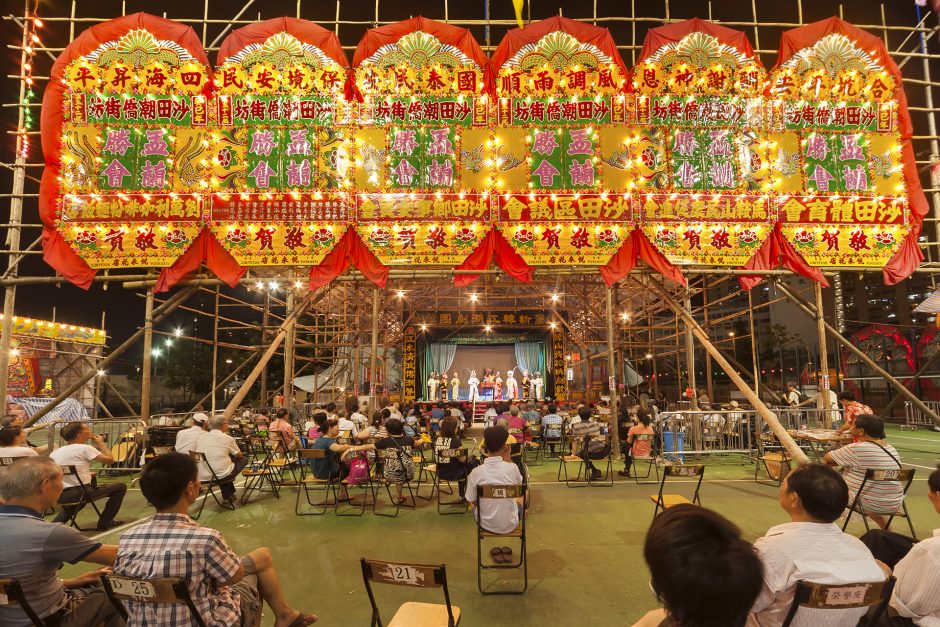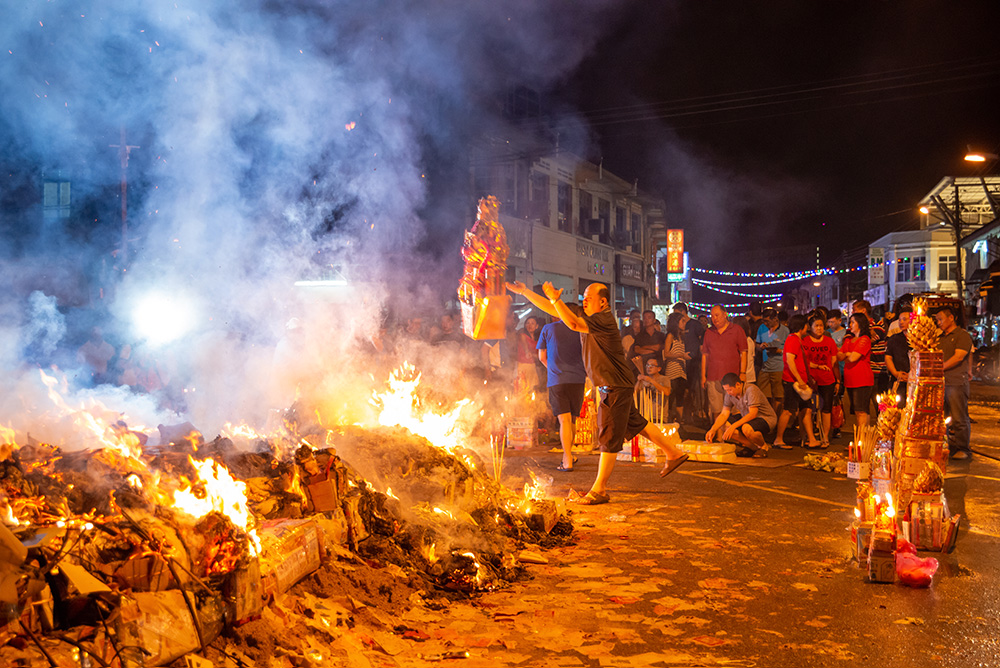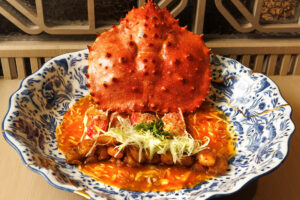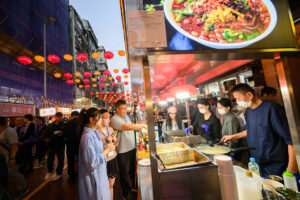Every year, on the 15th day of the seventh month in the Lunar Calendar, the gates of the underworld open, and the ghosts are free to roam the living realm. A night to appease the wandering spirits, so they won’t disturb the living. So goes the myth of the Hungry Ghost Festival.
Sounds spooky? Well, it’s actually more benign than that.
Although Hungry Ghost is commonly considered a Chinese Festival, it didn’t come from China. The festival’s origin has been traced to ancient India, derived from the Yulanpen Sutra of the Mahayana scripture. It tells the tale of a Buddha disciple named Maudgalyayana, whose mother had been cast into the hungry ghost realm, reserved for those who were forgotten due to their misdeeds in life. Maudgalyayana, upon learning his mother’s fate through meditation, went and fed her; but he could not redeem her, and the food just turned to burnt coal in her hands. Buddha then told Maudgalyayana: to aid one, one must aid all, and the way to do so is by offering alms to the monasteries at the end of the monsoon season; whereupon the goodwill and blessing will be transmuted into sustenance for ghosts like his mother.
Buddhism eventually spread to China, and the same tale is told in the Dunhuang manuscript from the early 9th Century CE; titled ‘Mulian Rescues His Mother’. Over time, with the rise of Taoism and Confucianism incorporated into Buddhist belief, the tale expanded to include the opening of hell’s gates, and while some ghosts are believed to be malevolent and sought revenge upon those who had wronged them, others were thought to be simply neglected, passed in unlucky circumstances, or had no one to attend them during other ancestral worship festivals throughout the year.
Thus, the Hungry Ghost Festival as we know it today was established. On this day, families cook vegetarian food and arrange seats for the deceased during meals. Fruits and snacks are offered on the family altar. In the evening, incense and joss paper are burned in front of homes and at street corners. People pray and throw rice to feed the ghosts who had no families. The month is considered inauspicious, unsuitable for life events such as weddings. Other taboos include to avoid speaking loudly and going out at night; never walk on the ashes from the evening ritual, and don’t sing songs about death, play spooky games, or tell ghost stories, as it may attract ‘unwanted attention’.
Meanwhile, in Buddhist temples, altars to the nameless dead are set up, and monks perform rituals to ease their suffering. A large dinner feast is held for them, with ritual food contributed by the community. Lotus-shaped lanterns are lit and set sail in the rivers out to the sea, to help guide the lost souls and forgotten ancestors to Nirvana; in hopes to set them free from the underworld.







You must be logged in to post a comment.